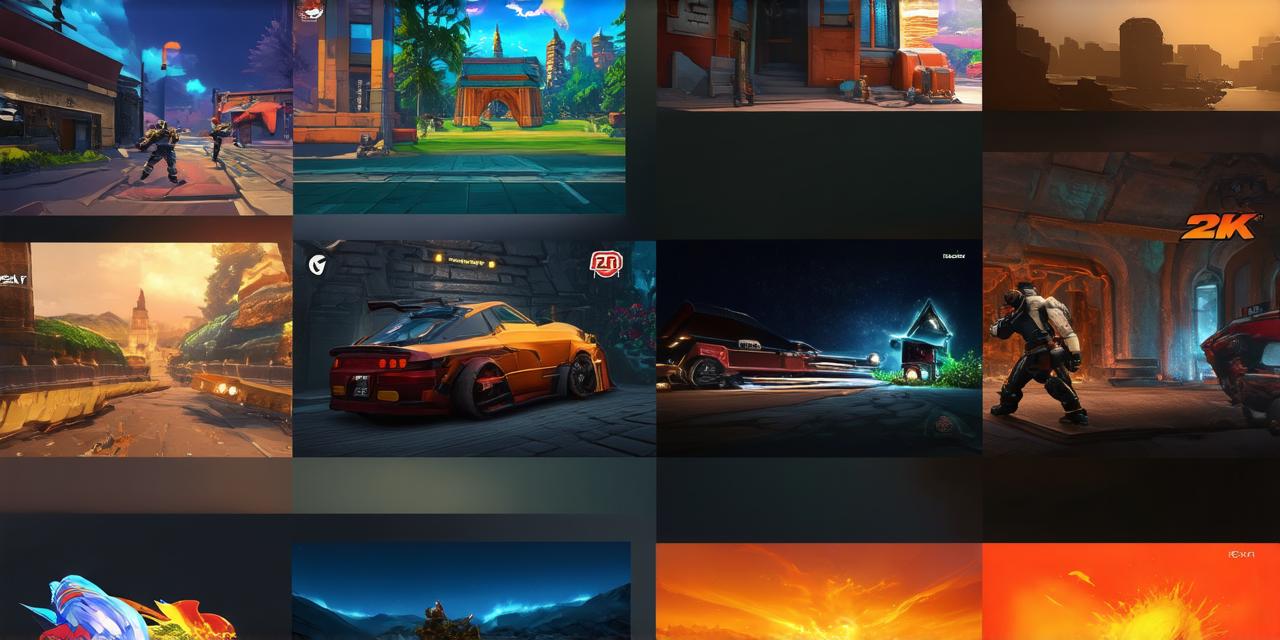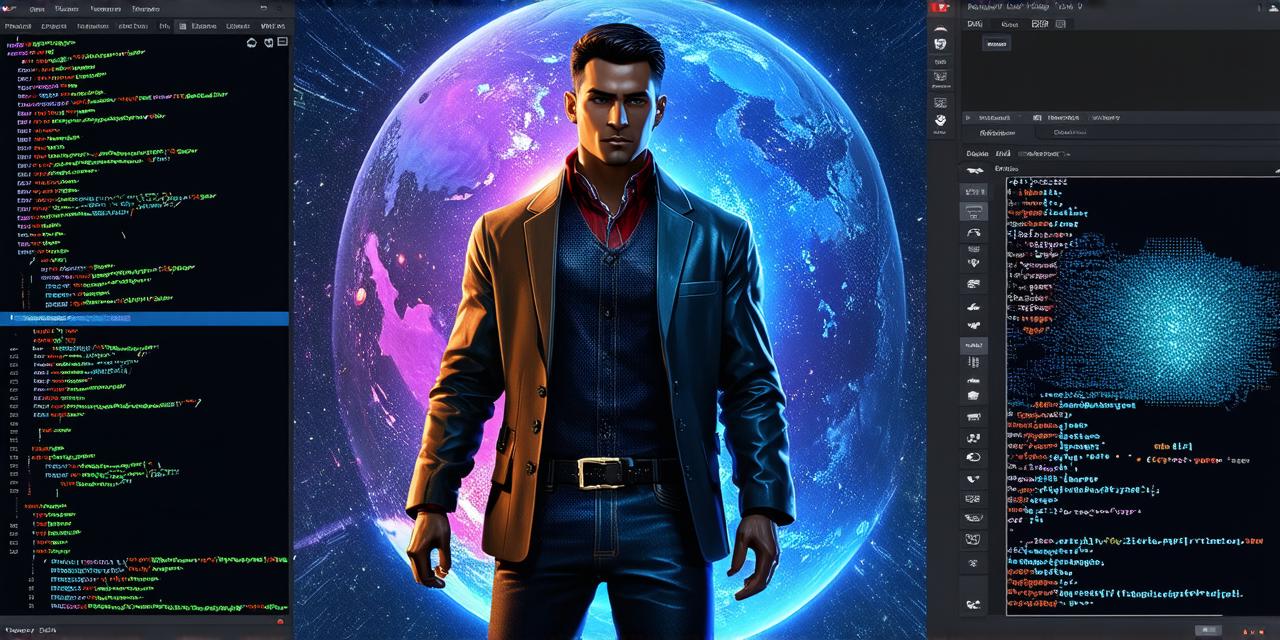
When it comes to 3D game development, there are two main contenders on the market:
Unreal Engine
and
Unity
Both engines are powerful and feature-rich, but which one is superior in terms of functionality and performance? In this article, we will explore the key features of each engine and help you decide which is best for your needs.
Unreal Engine
Unreal Engine
is a 3D development platform created by Epic Games. It was first introduced in 1998 and has since become one of the most popular game engines on the market.
Some of the key features of
Unreal Engine
include:
- Advanced graphics capabilities:
Unreal Engine
is known for its ability to produce stunning visual effects, with support for real-time ray tracing, motion capture, and high dynamic range (HDR) rendering.
- Powerful physics simulation: The physics engine in
Unreal Engine
is highly customizable and supports a wide range of physics simulations, including rigidbody, softbody, and cloth.
- Dynamic lighting and weather effects:
Unreal Engine
includes built-in support for dynamic lighting, allowing developers to create realistic lighting conditions that react to the environment. It also has support for weather effects like rain, snow, and fog.
- Extensive ecosystem:
Unreal Engine
has a large and supportive community of developers, which means there are many resources available to help you get started. It also has an extensive ecosystem of plugins and assets available to enhance your development experience.
Unity
Unity
is another popular 3D game engine created by
Unity
Technologies. It was first introduced in 2009 and has since become a favorite among indie game developers.
Some of the key features of
Unity
include:
- Easy to use interface:
Unity
has a user-friendly interface that makes it easy for beginners to get started with 3D development. It also includes built-in scripting support, allowing developers to write custom scripts using C or JavaScript.
- Cross-platform development:
Unity
supports cross-platform development, meaning you can create games and applications that run on multiple platforms, including Windows, Mac, iOS, Android, and web browsers.
- Asset store:
Unity
has a large asset store, where developers can purchase pre-made assets like models, textures, and animations to use in their projects. It also includes support for importing your own custom assets.
- Community support:
Unity
has a large community of developers who contribute to the development of the engine and create tutorials, plugins, and other resources to help you get started with 3D development.
Which one is better?
Ultimately, the choice between
Unreal Engine
and
Unity
will depend on your specific needs and preferences. If you are looking for advanced graphics capabilities and a large community of developers, then
Unreal Engine
may be the best choice for you. On the other hand, if you are looking for an easy-to-use interface and cross-platform development, then
Unity
may be more suitable.
It’s also worth noting that both engines have their own strengths and weaknesses. For example,
Unreal Engine
is known for its advanced graphics capabilities and powerful physics simulation, but can be more difficult to learn. On the other hand,
Unity
is easy to use and supports cross-platform development, but may not have as many advanced graphics features as
Unreal Engine
.
In conclusion, both
Unreal Engine
and
Unity
are powerful and feature-rich 3D game engines with their own unique strengths and weaknesses. Ultimately, the choice between them will depend on your specific needs and preferences.




